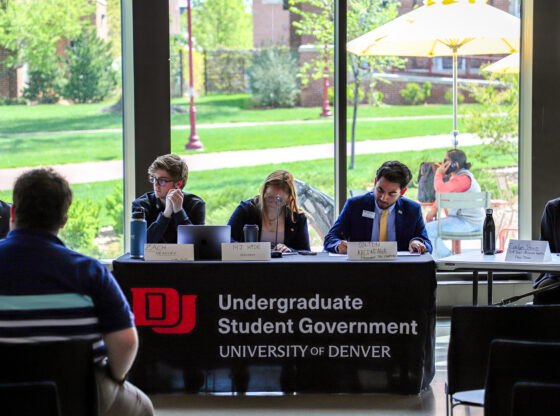On May 2, in a highly unusual and unprecedented breach, Justice Samuel Alito’s 98-page draft opinion, which contends the Court’s 1973 decision on Roe v. Wade must be overruled, was leaked, obtained and published by Politico. The disclosure of a draft opinion ahead of the Court’s decision is the first of its kind in modern American history.
In acknowledging the leak and the draft’s authenticity, Chief Justice John Roberts, Jr. provided an official statement, saying, “Yesterday, a news organization published a copy of a draft opinion in a pending case. Justices circulate draft opinions internally as a routine and essential part of the Court’s confidential deliberative work. Although the document described in yesterday’s reports is authentic, it does not represent a decision by the Court or the final position of any member on the issues in the case.” He continued by deploring the leak and vowing to determine its source.
“To the extent this betrayal of the confidences of the Court was intended to undermine the integrity of our operations, it will not succeed. The work of the Court will not be affected in any way. […] I have directed the Marshal of the Court to launch an investigation into the source of the leak,” he added.
In the draft, circulated to several Supreme Court Justices several months ago, Alito provided various warrants, reasoning and legal justifications for striking down the 1973 decision. He asserted that Roe was “egregious” from the start.
“At the time of Roe, 30 states still prohibited abortion at all stages,” he wrote. “In the years prior to that decision, about a third of the States had liberalized their laws, but Roe abruptly ended that political process. It imposed the same highly restrictive regime on the entire Nation, and it effectively struck down the abortion laws of every single state.”
In 1973, in deciding on Roe v. Wade, the Supreme Court ruled abortion was a constitutional right dependent upon the Fourteenth Amendment’s Due Process Clause, which declares that “No State shall make or enforce any law which shall abridge the privileges or immunities of citizens of the United States; nor shall any State deprive any person of life, liberty, or property, without due process of law; nor deny to any person within its jurisdiction the equal protection of the laws.”
Page five of the draft addresses the clause, reading, “We hold that Roe and Casey must be overruled. The Constitution makes no reference to abortion, and no such right is implicitly protected by any constitutional provision, including the one on which the defenders of Roe and Casey now chiefly rely—the Due Process Clause of the Fourteenth Amendment. That provision has been held to guarantee some rights that are not mentioned in the Constitution, but any such right must be ‘deeply rooted in this Nation’s history and tradition’ and ‘implicit in the concept of ordered liberty.’”
Alito also referred to the Supreme Court’s 1992 decision on Planned Parenthood v. Casey, a ruling that upheld Roe and concerned the commonwealth of Pennsylvania’s 1988-89 abortion control law amendments, requiring informed consent and a 24-hour period prior to the procedure.
It is extraordinarily rare for the Supreme Court to overturn a decision, which would make their overruling of Roe quite unprecedented. Should the Court do so, the decision would undo 49 years of settled law providing abortion access and protecting women’s reproductive rights throughout the nation.
Should Roe and Casey be overturned, abortion’s constitutionality would be stripped away, with its access being governed and legislated upon a state-by-state basis. Thirteen states currently have trigger laws that would automatically ban abortion if Roe were overturned, including Idaho, Utah, Wyoming, North and South Dakota, Texas, Oklahoma, Missouri, Arkansas, Louisiana, Mississippi, Tennessee and Kentucky.
Mass protests and demonstrations ensued throughout the country following the draft’s publication, advocating for the protection of Roe and reproductive rights. Occurring in numerous metropolitan cities, on the steps of the Supreme Court and outside the homes of several justices, protests and demonstrations are expected to continue until the Court’s decision.
The Marshal of the Supreme Court, Colonel Gail Gurley, a veteran Army officer and lawyer who assumed her role as Marshal in June of 2021, will lead the investigation in uncovering the source of the leak.
The Marshal of the Supreme Court’s duties consists of serving as the Court’s chief security officer, facilities administrator and contracting executive, managing approximately 260 employees—including the Supreme Court Police Force. The Marshal also calls the court into order in argument sessions and maintains order and decorum during Court proceedings.
While the investigation is ongoing, it is still unclear if those who leaked the draft opinion can be charged with a crime—as punitive measures vary based upon the leaker’s position within or relationship to the Supreme Court.
The Supreme Court’s decision on Dobbs v. Jackson Women’s Health Organization, which will decide the fate of Roe v. Wade, is expected in late June or early July.











